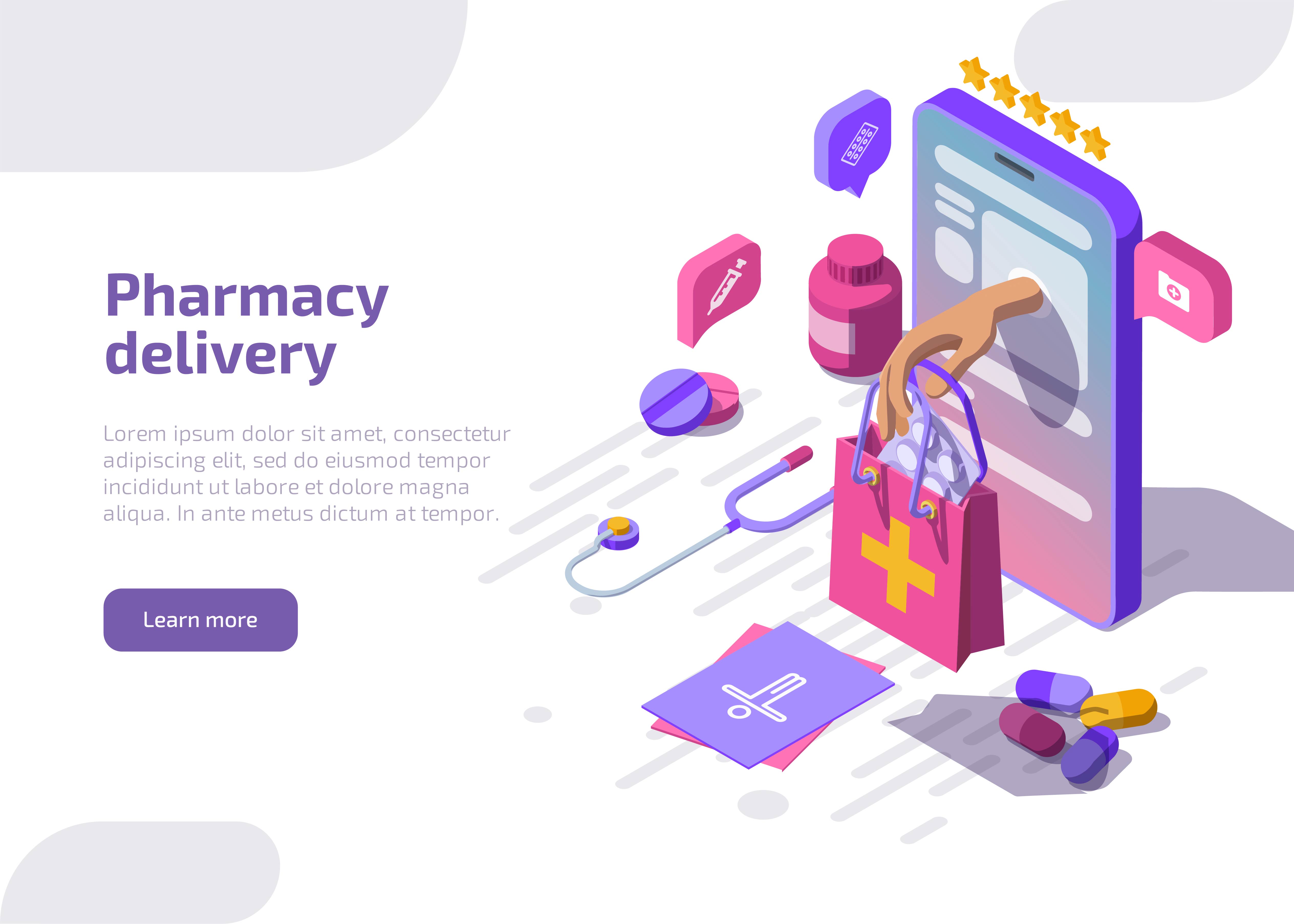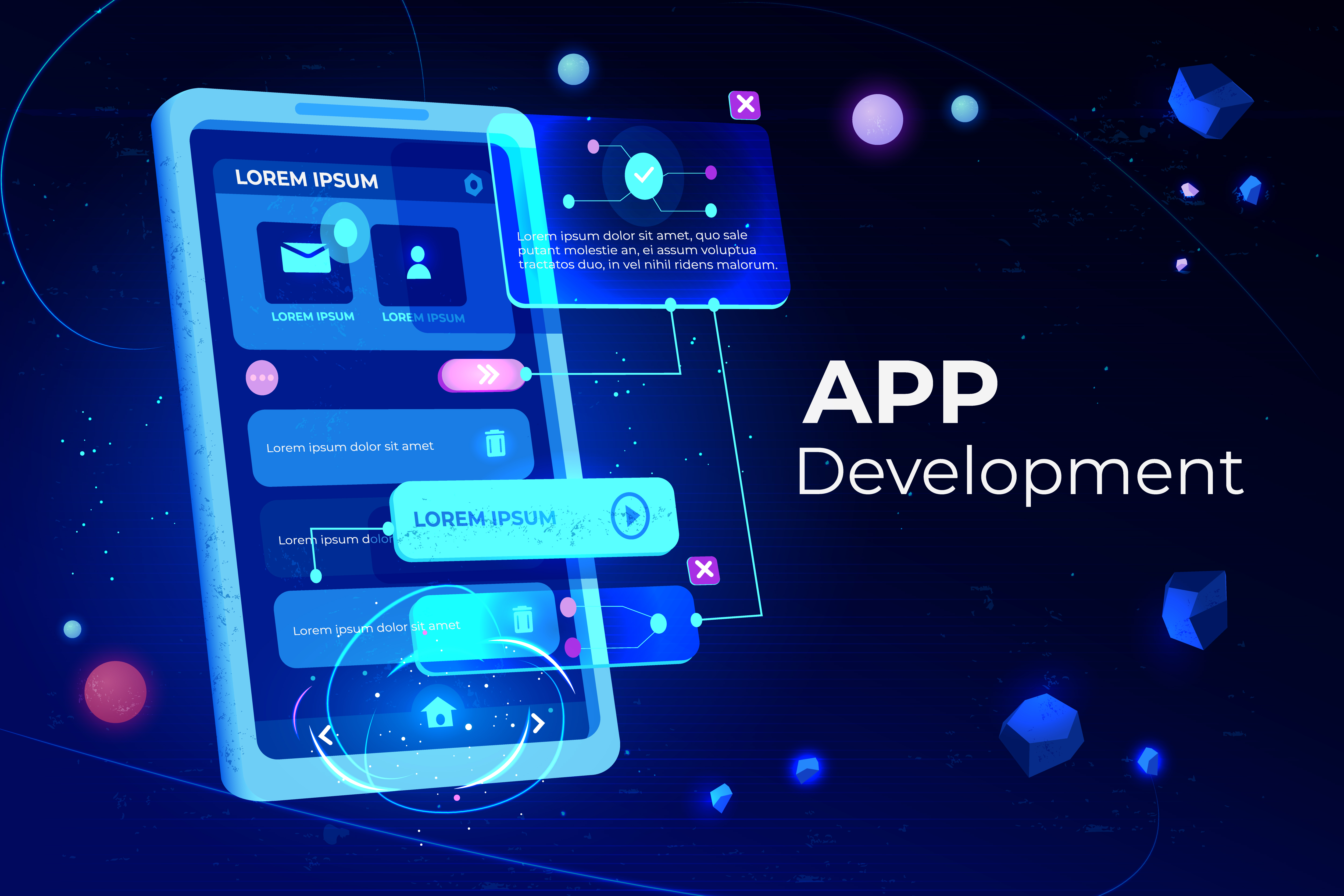When designing a mobile app for your business, one of the most crucial steps is deciding between Android or iOS, or taking a combination approach. Each platform has its own benefits and drawbacks. The option you select will have a major impact on your business’s development, the user experience, and the costs involved.
2.1. Understanding the Differences
Now that we understand the advantages and disadvantages, let’s look at the breakdown of each platform:
- Android Apps: Created for Android devices and written using Java or Kotlin programming languages. Android holds a larger user base across the world, especially in developing countries.
- iOS Apps: Created for Apple devices using Swift or Objective-C. iOS generally appeals to a more wealthy and technologically adept demographic.
- Hybrid Apps: Hybrid apps are built using web-based tools like HTML, CSS, and JavaScript. They can run on both Android and iOS devices, regardless of the operating system. They utilize a single codebase for both platforms.
2.2. Opting for Android: Its Benefits and Limitations
Android applications are suitable for businesses with a wide reach in markets such as India, Brazil, and other parts of Asia where Android is widely accepted. Here are the pros and cons to weigh in on:
Pros:
- Android market has the highest volume of users, hence globally, your app stands a good chance of being downloaded.
- Android enables greater flexibility in its design and functionalities because it permits users to modify its interface.
- Developers enjoy greater freedom to innovate because the Android operating system is open source.
- With the multitude of Android devices available ranging in form, size, and hardware, the feasibility of your app becomes difficult to test.
- The growth advancement rate of an android application tends to be lower compared to its iOS counterpart, which causes a slowdown in the enhancement of your app.
iOS applications are great if your business model is based on attracting high value customers or a premium level of user experience. This is why iOS is suitable for your business:
Pros:
The iOS audience is known for spending a significant amount of money on apps and in-app items so it is perfect for businesses that want to generate a higher revenue.
- Security and Stability: Having robust security features is important for any device a company handles sensitive data with, making iOS highly advantageous for businesses
- Faster Updates: Such an operating system helps businesses because approval and updates take less time, so new features and bug fixes can be rolled out quickly.
- Limited Customization: Apple's strict guidelines regarding the interface of applications makes It impossible to fully personalize the user experience.
- Smaller User Base: Compared to Android, ios holds a smaller portion of the global market, this is especially true for developing countries.
2.4 Dolphin Apps: Advantages And Disadvantages
Hybrid apps are useful for all those users who do not want to build separate applications for both iOS and Android devices as it costs less and takes a short period of time to build. But there are a few disadvantages hybrid apps come along with.
Advantages:
- Cost-Efficient: With hybrid apps, there’s a cost saving attached because only one codebase has to be built and maintained for both android and ios systems.
- Faster Development: Development takes lesser time as the same code is used across platforms.
- Easier Maintenance: Rather than managing separate apps, all the changes can be reflected in the hybrid app hence making it easier to manage.
- Performance Limitations: Performance of hybrid apps will likely be poorer as compared to fully developed native apps. Such apps that are graphics intensive or have complex functionalities suffer the most
2.5 Things to think about while picking a platform
– Where is your target audience located? Is the focus more towards Android or iOS?
– Hybrid apps are suitable if you have a lower budget.
– If your app requires advanced features or high performance, then a native app for either Android or iOS is most likely your best option.
Deciding between Android and iOS Hybrid apps boils down to your business goals, target audience and budget. While Android can reach a big audience across different user segments, iOS users are usually more premium and security-oriented. Hybrid apps are great for a cost-effective solution across platforms. In the end, you should make a decision based on the needs of your business.






